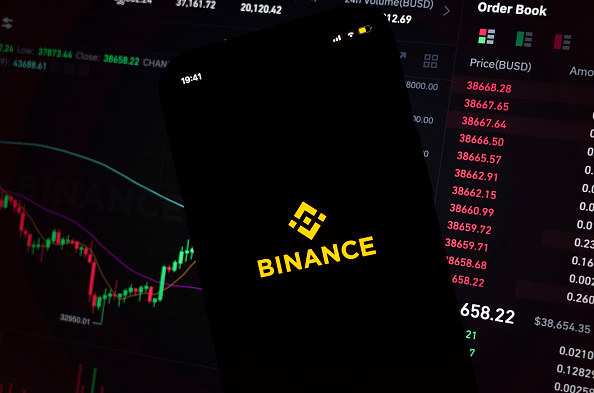
Some cryptocurrency exchanges in Nigeria faced accessibility issues for users, prompting speculation of imposed restrictions on crypto sites, the Financial Times reported.
On Wednesday, local media reported that Nigeria’s telecom regulator, the Nigerian Communications Commission (NCC), received instructions from the country’s apex bank to suspend access to crypto websites, including Binance, Coinbase and Kraken. This development occurred a day after Binance imposed limits on peer-to-peer transactions trading the USDT/NGN pair, coinciding with the naira’s fall to record lows, per another report.
Crypto exchange platforms, particularly Binance, became popular for their peer-to-peer features, enabling direct trades after the central bank prohibited local financial institutions from facilitating such transactions three years ago. And though the central bank recently lifted restrictions on banks and considered granting licenses to crypto companies for legal crypto transactions, the recent steep decline of the naira to unprecedented lows (approximately $1 to ~N1,900) — partly attributed by the government to crypto-trading platforms — prompted Binance to impose trade restrictions on Tuesday.
For many crypto users in Nigerians, Binance and other platforms serve as a hedge against the frequent devaluation of the naira for many cryptocurrency users in the country. But for the Nigerian government, its recent decision to restrict access to these platforms is seen as a move to regain control over the valuation of the naira.
These exchanges have played a significant role in determining unofficial exchange rates for the naira, with platforms like Binance often serving as benchmarks for local foreign exchange rates. By limiting access to these platforms, the government aims to assert authority over the naira’s valuation and stabilize its position in the financial market. The long-term effects of the government’s recent actions, however, are yet to unfold.
According to Bloomberg, a presidential spokesman confirmed Nigeria’s issuance of a directive instructing telecoms and internet service providers to block access to cryptocurrency trading platforms. Binance did not explicitly acknowledge that it was affected by this directive; however, it assured users of the accessibility of their accounts and the security of their funds.
“We are aware that some users are experiencing issues accessing binance.com, along with other platforms in the industry. Only users attempting to access the website are impacted, although the app is currently available,” Binance stated.
While several Binance users in Nigeria reported difficulties accessing the site in the early hours of Thursday, it appears that the directive to restrict access has been temporarily halted, as Binance and other cryptocurrency trading platforms, including Kraken and Coinbase, are currently accessible.
Nigeria follows China’s footsteps in piloting digital currency
